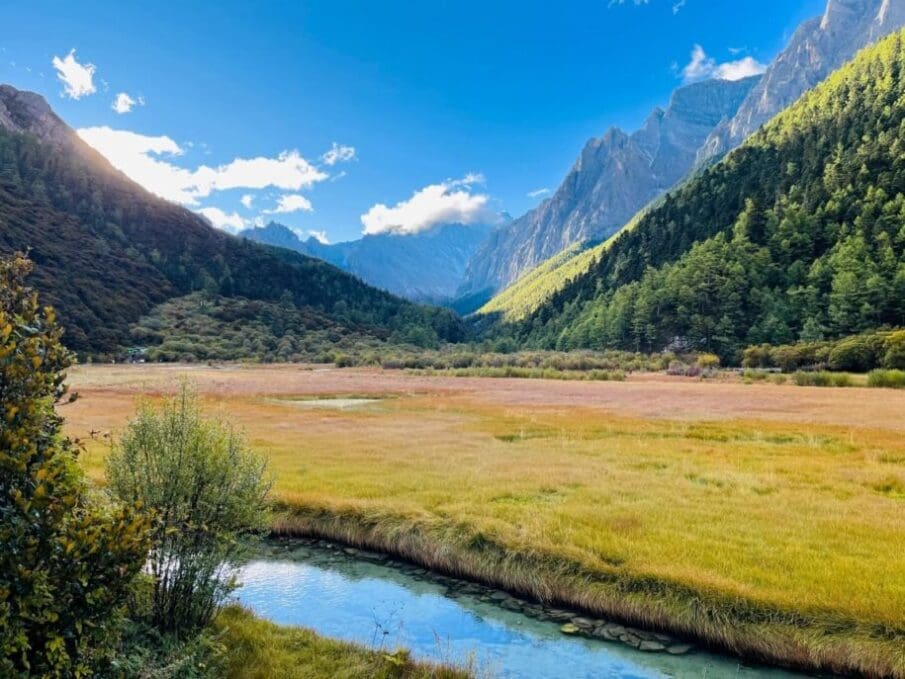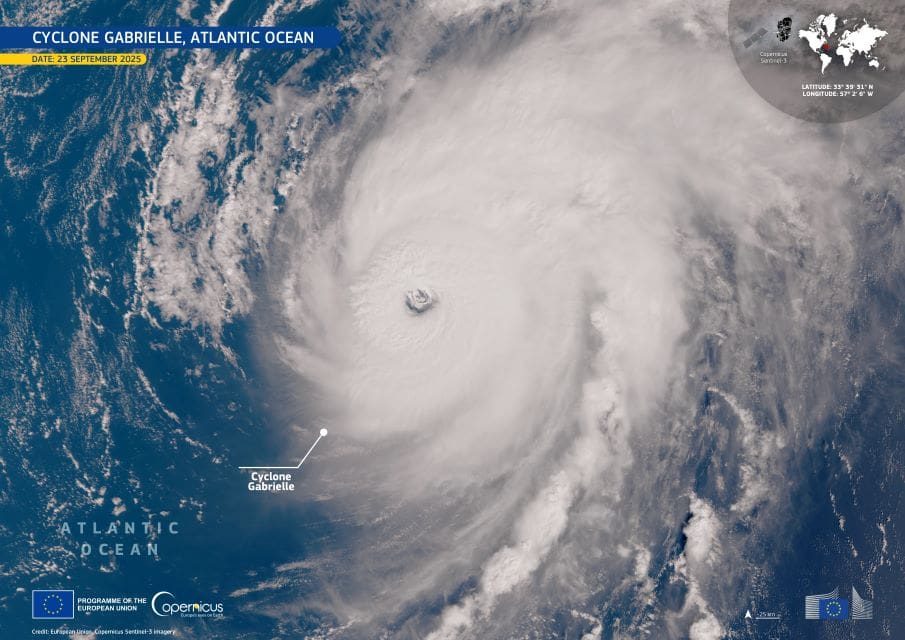Researchers from the Institute of Applied Ecology of the Chinese Academy of Sciences have published a new study detailing significant changes in China’s forest-grassland ecotone. This critical zone, where forests and grasslands meet, plays a vital role in biodiversity and is sensitive to environmental shifts.
The study, published in the journal Ecography, uses satellite data from 1990 to 2020 to map the national distribution of the ecotone for the first time.
The results show a total area of 1,011,870 km², or about 10.54% of China’s total land area. This zone has shrunk by 3.10% over the past three decades, with a notable shift in its centroid of 228.76 km to the southwest.
The researchers observed a complex interplay between human activity and climate change in driving these changes. Forest areas within the ecotone have steadily increased, while grasslands and farmlands have decreased. However, some previous agriculture land has reverted to grassland, mitigating some of the overall loss.
Landscape fragmentation, a key indicator of habitat disturbance, showed a mixed pattern. While some areas showed a decrease in fragmentation, suggesting potential habitat improvement, others showed an increase. This fragmentation appears to be driven by human activities such as reforestation projects and farmland reclamation in the northern and central regions. Climate change, particularly variations in temperature and precipitation, appears to be the dominant factor in the southern areas of the ecotone.
“These data provide important support for the study of the ecotone and for decision-making on biodiversity conservation and ecological restoration projects,” said Dr. WANG Zhenwen, lead author of the study.
Journal Reference:
Jia Guo, Yuehui Li, Wang Ma, Qinghua Guo, Kai Cheng, Jun Ma, Zhengwen Wang, ‘Changes of Chinese forest-grassland ecotone in geographical scope and landscape structure from 1990 to 2020’, Ecography (2024), DOI: 10.1111/ecog.07296;
Article Source:
Press Release/Material by Chinese Academy of Sciences (CAS)
Featured image credit: Ma Jacky | Pexels




